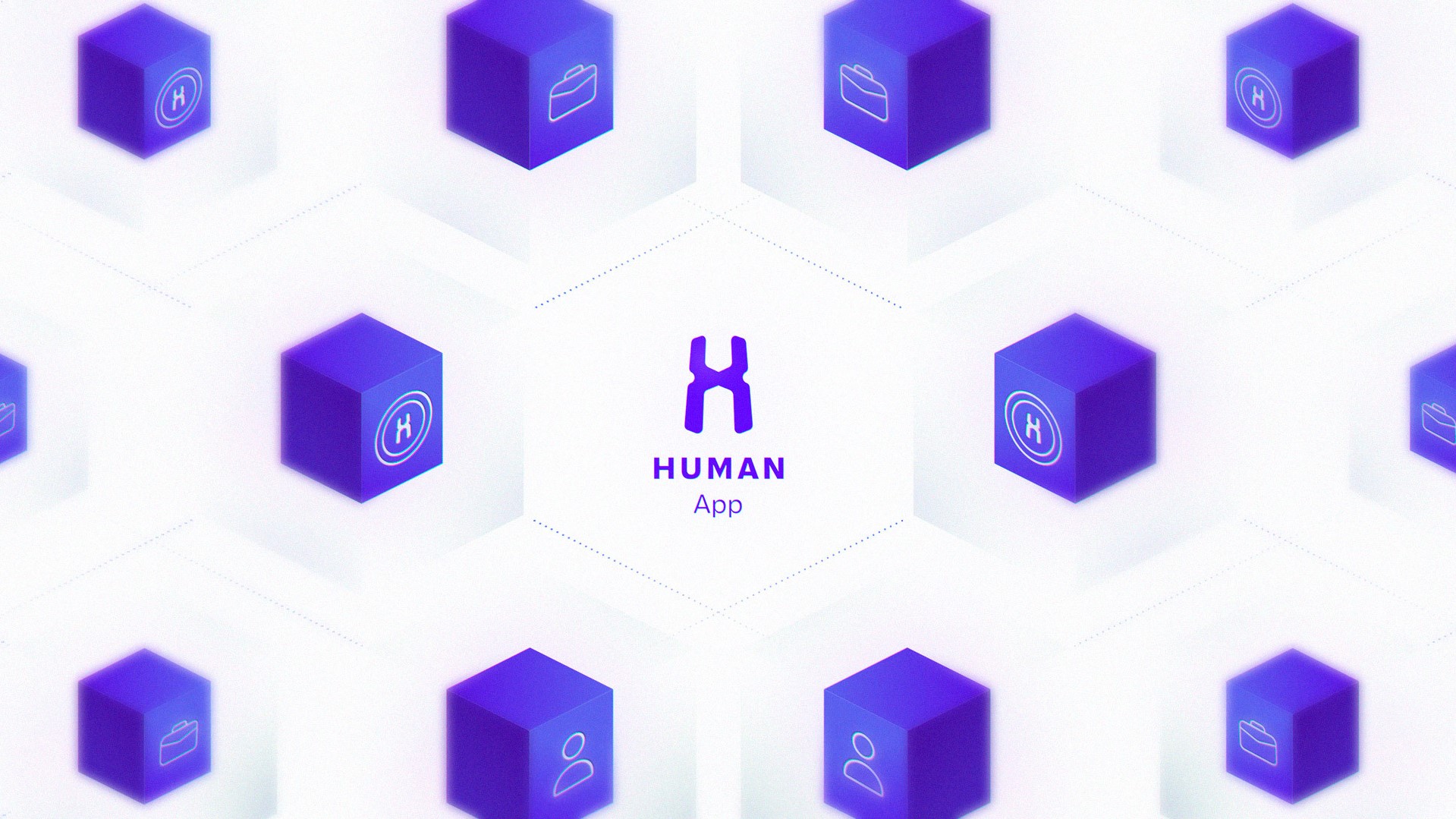The HUMAN App Delivers Real-World Utility to HMT and the HUMAN Ecosystem


HUMAN Protocol has launched on the Ethereum Mainnet. To complement this launch – which also involved the listing of HMT (the native token of HUMAN Protocol) on FTX and Gate.io on the 10th of August – the HUMAN Protocol Foundation has now released the HUMAN App: the first opportunity for people to earn HMT directly for completing data-labeling tasks, and the first gateway into the HUMAN experience.
HUMAN Protocol provides the end-to-end infrastructure – the tools, plugins, integrations, and APIs – to hire, manage, validate, and compensate individuals at scale. It is designed to support the creation of global job markets in which almost any human or machine can publish a job and any Worker with the requested skill set, knowledge, or background can complete the tasks associated with that job.
While in theory the Protocol may support any job, the current majority of HUMAN tasks – produced through hCaptcha – involve the labeling of images. These tasks are now available within the HUMAN App, with the successful completion of each rewarding HMT. Through this, the HUMAN App will support the production of diverse, relevant, and less biased datasets, and empower a new generation of AI and ML technologies.
This announcement follows the record-breaking CoinList sale of HMT earlier this year. To learn more about HUMAN Protocol, read this introductory piece.
The HUMAN App and HMT
HUMAN Protocol is designed as a broadly applicable technology, with implications for many industries, including the gig economy – discussed in this piece – and those related to machine learning and artificial intelligence. HUMAN Protocol offers the platform for machines to empower humans by liberating their time and attention, and to increase access to global workforces – and, for those workforces, global opportunity.
HUMAN Protocol is a proven technology. Now with the HUMAN App, HUMAN is delivering real-world utility to the HUMAN network and ecosystem. The HUMAN App is the first opportunity for the community to earn HMT for completing data-labeling tasks. On the Protocol, a job may be made up of thousands or millions of tasks. If a job is the production of a dataset, each task is the individually labeled image within that dataset.
The HUMAN App is the virtual gateway to the HUMAN experience. While it begins with data-labeling tasks, reflecting the majority of the work currently processed through the Protocol, it is designed to be able to accommodate any type of work, and reward Workers in proportion to the value produced by that work.
More than access to opportunity, HUMAN Protocol is designed to facilitate access to the value of opportunity, and of the contributions made by individuals every day. The HUMAN App will allow anyone to be rewarded for completing CAPTCHAs. By incentivizing workforces at a global scale, HUMAN aims to further nurture its community, to provide a clear example of what is possible, and ensure that those labeling images are compensated for their contributions.
How it works
Individuals earn HMT for activities within the HUMAN App. This begins at registration – which earns 1 HMT – and continues for each job that is completed. For example, 1 HMT is earned for every CAPTCHA solved (that is, each image labeled). Individuals must connect or create a KYC-verified crypto wallet to receive HMT, and to verify their identity.
Every image labeled contributes to a machine’s understanding of the world. While, for now, the CAPTCHAs presented are solvable by anyone, HUMAN Protocol is designed for images to become more specialized, and require more specific backgrounds and knowledge sets.
To learn more about the HUMAN App, visit the website. For the latest updates on HUMAN Protocol, follow the team on Twitter or join the Discord. Alternatively, to enquire about integrations, usage, or to learn more about how HUMAN Protocol supports machine-learning technologies, get in contact with the HUMAN team.
This is a sponsored post. Learn how to reach our audience here. Read disclaimer below.